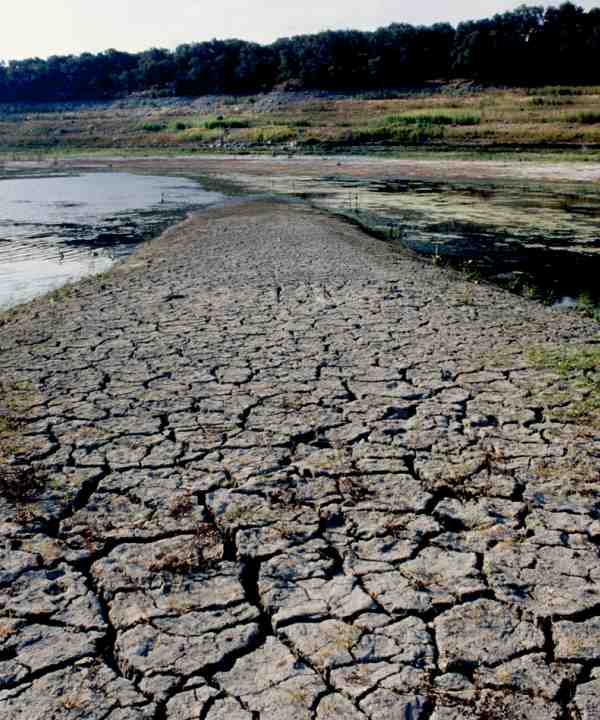DWR-CADrought-5-9-16.jpeg

A discussion on the origins, policy implications, and long-term strategies for California's Ongoing Drought. Hosted by the Stanford Public Policy Program and VPGE. We cordially invite you to a panel discussion on drought science and policy in California, from declining groundwater levels and conservation policy to long-term rainfall and climate projections.
We are fortunate to have Newsha Ajami, David Crane, Steven Moore, and Noah Diffenbaugh leading the discussion, each of whom brings diverse expertise from scientific, political, and policy backgrounds. Both undergraduate and graduate STEM students are encouraged to attend and learn more about the Stanford Public Policy program, courses and joint degrees, and opportunities to explore careers in science policy.
The event is free and will take place in the Shriram Center, Rm. 104 (in the Engineering quad). The panel discussion will commence at 6pm, preceded by a reception and refreshments at 5:45pm. Event details can be found in the flyer below. We hope you'll be able to join us—please RSVP here by May 4th and contact usiv@stanford.edu with any questions.
More about the panelists:
Newsha Ajami, PhD is the director of Urban Water Policy with Stanford University’s Water in the West and NSF-ReNUWIt initiatives. She is a hydrologist specializing in sustainable water resource management, water policy, the water-energy-food nexus, and advancing uncertainty assessment techniques impacting hydrological predictions. Her research throughout the years has been interdisciplinary and impact driven, focusing on the improvement of the science-policy-stakeholder interface by incorporating social and economic measures and relevant and effective communication. Dr. Ajami received her Ph.D. in civil and environmental engineering from the University of California, Irvine, an M.S. in hydrology and water resources from the University of Arizona, and a B.S. in civil and environmental engineering from Tehran Polytechnic.
Noah Diffenbaugh, PhD is an Associate Professor in the School of Earth Sciences and Senior Fellow at the Stanford Woods Institute for the Environment. His research interests are centered on the dynamics and impacts of climate variability and change, including the role of humans as a coupled component of the climate system. Much of his work has focused on the role of fine-scale processes in shaping climate change impacts, including studies of extreme weather, water resources, agriculture, human health and poverty vulnerability. Diffenbaugh is currently a lead author for Working Group II of the Intergovernmental Panel on Climate Change (IPCC) and a member of the National Academy of Sciences Ad Hoc Committee on Effects of Provisions in the Internal Revenue Code on Greenhouse Gas Emissions.
Steven Moore, MS was appointed to the board by Governor Brown in 2012. He previously served on the San Francisco Bay Regional Water Board from 2008-2012 under the Brown and Schwarzenegger administrations and held staff positions at that Regional Water Board at various times between 1992 and 2006. He has worked 10 years as an engineering consultant on a wide variety of water infrastructure projects, stream and wetland restoration projects, and Environmental Impact Reports throughout California. Mr. Moore holds a B.S. in biological sciences and an M.S. in civil engineering, both from Stanford University, and is a member of the American Society of Civil Engineers.
David Crane, JD is a Lecturer in Public Policy at Stanford University, SIEPR Research Scholar and president of Govern For California. From 2004 – 2010, he served as a special advisor to Governor Arnold Schwarzenegger and from 1979-2003, he was a partner at Babcock & Brown, a financial services company. Crane also serves as a director of Building America’s Future, California Common Sense and the University of California’s Investment Advisory Group. Formerly, he served on the University of California Board of Regents and as a director of the California State Teachers Retirement System, California High Speed Rail Authority, California Economic Development Commission, and the Environmental Defense Fund, among other organizations.

![[Woods Logo]](/sites/default/files/logos/footer-logo-woods.png)
![[Bill Lane Center Logo]](/sites/default/files/logos/footer-logo-billlane.png)